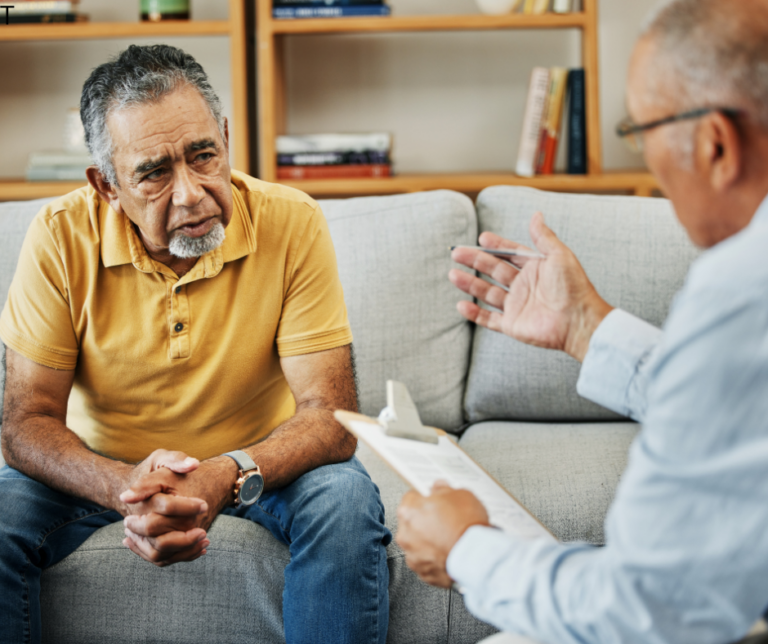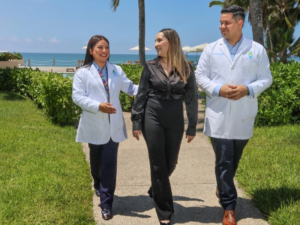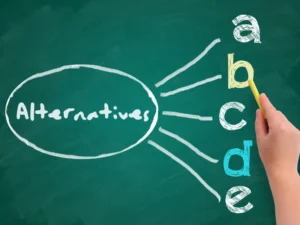Addictions, whether to substances like alcohol or drugs or behaviors like gambling or compulsive shopping, profoundly affect both the individual and their family environment. Dependency and associated behaviors can cause significant disruptions in family relationships, creating an atmosphere of stress and distrust.
Family therapy is a beacon of hope for families struggling with addiction. It’s a valuable resource for healing and strengthening relationships, promoting recovery and well-being for everyone involved. In this blog, we will explore how family therapy can be key in addiction recovery in Mexico, restoring and reinforcing family bonds.
The Impact of Addiction on the Family
Addictions create a destructive cycle that affects not only the individual but also the entire family. Compulsive behaviors and the constant pursuit of the addictive substance or activity can lead to conflicts, neglect, and, in some cases, abuse. Family members often feel trapped in a cycle of fear, frustration, and hopelessness.
Children in families with addictions can experience various emotional and behavioral problems. They may feel insecure, develop low self-esteem, and face academic and social difficulties. Additionally, they commonly adopt dysfunctional roles, such as the “caretaker” of the dependent parent or the “peacemaker” of the home, roles that can negatively impact their long-term development and well-being.
What is Family Therapy?
Family therapy is a powerful tool that empowers all family members in the process of addiction recovery in Mexico. Recognizing that addiction affects the entire family unit, this type of therapy focuses on improving communication, resolving conflicts, and strengthening relationships. Family therapists work with the family to identify dysfunctional behavior patterns and develop strategies to improve family dynamics.
Benefits of Family Therapy in Addiction Treatment
Improved Communication
Family therapy provides a safe space for family members to express their feelings and concerns. Therapists help facilitate effective communication, fostering a sense of unity and togetherness among family members. This process can lead to greater understanding and empathy among family members.
Rebuilding Trust
Trust is one of the first casualties of addiction. Family therapy establishes new foundations of trust through commitment and transparency in the recovery process. Family members can learn to support the individual in their journey to sobriety while also working to heal emotional wounds.
Establishing Healthy Boundaries
In a family affected by addiction, boundaries can become blurred or nonexistent. Family therapy helps establish and respect healthy boundaries, which are essential for the recovery of the individual and the family. This includes learning to say “no” to destructive behaviors and recognizing and respecting each family member’s needs.
Emotional Support
Family therapy provides a support system where family members can effectively learn to offer and receive emotional support. This is particularly important for children, who need to feel they have a safe and supportive environment while navigating the recovery process.
Relapse Prevention
The family can play a crucial role in preventing relapses. Through family therapy, family members can learn to recognize the triggers and warning signs of a potential relapse and how to intervene constructively. They can also learn strategies to maintain a family environment that supports the individual’s sobriety and ongoing well-being.
In conclusion, family therapy is a powerful tool in addiction recovery in Mexico. Involving all family members in the recovery process addresses not only the symptoms of addiction but also the underlying dynamics that may have contributed to its development and maintenance.
This comprehensive approach helps the individual stay sober and prepares the family to create a safer, more pleasant, and appropriate environment for healing.
Recovering from addiction is a long and challenging journey, but with the proper support, it is possible to restore and strengthen family relationships, fostering a future filled with hope and well-being. Family therapy can be the first step toward reconciliation and recovery, providing the necessary tools to rebuild a healthy and happy family life.
Professional Treatment for Achieving Healing
At the Oceánica rehabilitation center, we have 30 years of experience offering adaptable treatments for each patient to solve problems related to alcohol, drug, and medication abuse, as well as other disorders such as anxiety, depression, codependency, eating disorders, and gambling addiction.
Our path to healing is achieved through a comprehensive approach facilitated by a competent team of professionals who will warmly accompany you on a physical and psychological recovery journey.
At Oceánica, there is HOPE for those who suffer from this and other dependencies. With more than 8,000 graduates from our program, we can assure you that we will do everything in our power to help you and your family. So, if you want to start your path to healing, contact us. You can fill out the form on our website, call us at (55) 88 547 141, or email us at info@oceanica.com.mx.
Sources:
National Institute on Alcohol Abuse and Alcoholism (2015). Tratamiento del alcoholismo: cómo buscar y obtener ayuda. Publication No: 15-7974-S. https://www.niaaa.nih.gov/publications/brochures-and-fact-sheets/treatment-alcohol-problems-finding-and-getting-help-spanish
Téllez, B., Fuentes, R., (2022) Exploración biográfica de terapeutas que trabajan en adicciones: isomorfismos con las familias drogodependientes. Rev. De Familias y Terapias, Año 31, N°53, diciembre 2022. Páginas 91-102. https://doi.org/10.29260/DFYT.2022.53F
Miguel Alberto Ramírez Villaseñor (2001). Terapia Familiar y Adicciones Un enfoque práctico con resultados prácticos. Revista internacional de psicología. Vol.2 No.1. ISSN 1818-1023. www.revistapsicologia.org.











